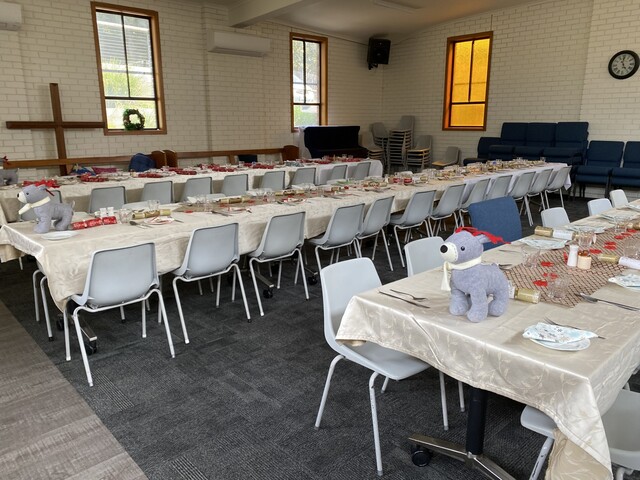By Kath Gannaway
THOSE who have a child starting school next year or are thinking of changing schools would be advised to start making contact with schools early to allow time to visit as many as possible.
Principals, or other senior staff members at government schools, are more than happy to meet with prospective parents and are able to provide tours, classroom visits and publications containing important information about the school and its policies.
Visitors can learn a lot from touring the school and seeing the children, the teachers and the way they work together.
A checklist of points could include:
• Check out the school’s resources and the children’s work;
• Ask how the school involves parents;
• Does it seem to be a happy school where everyone is serious about learning;
• Consider how your child would fit in.
What then?
Once a primary school has been chosen it will need the following information:
• Evidence of the child’s date of birth;
• Names and addresses of the child and parents and/or guardians
• Parents’ telephone numbers (home, work, mobile) and email addresses;
• Names of emergency contacts and their details;
• Doctor and dentist’s names and telephone numbers;
• Immunisation certificate;
• Health and welfare information such as asthma, diabetes, allergies, poor eyesight or hearing and specific custody arrangements;
• Information about the language or languages the child speaks to help the school support and build the child’s knowledge.
School staff will provide the appropriate enrolment forms and will organise an interpreter if required.
Guides for parents
Starting school is an exciting and important step in a young child’s life.
‘But is my child ready for school?’ is a question asked by many parents.
The Step into Prep booklet is designed to assist parents in preparing their children for school.
Another useful booklet is Literacy and Numeracy in the Early Years of Schooling – A Parent’s Guide is another useful booklet.
It is designed to provide information for parents on literacy and numeracy and how families can support these developments in partnership with schools.
For information on how to obtain these booklets, and a range of other information aimed at assisting parents to make the most of every opportunity for their children’s education, visit the Department of Education and Training (DET) website, www.det.vic.gov.au, then follow the ‘School Education’ and then the ‘Parent Link’ links.
Another useful website is www.education.vic.gov.au.






